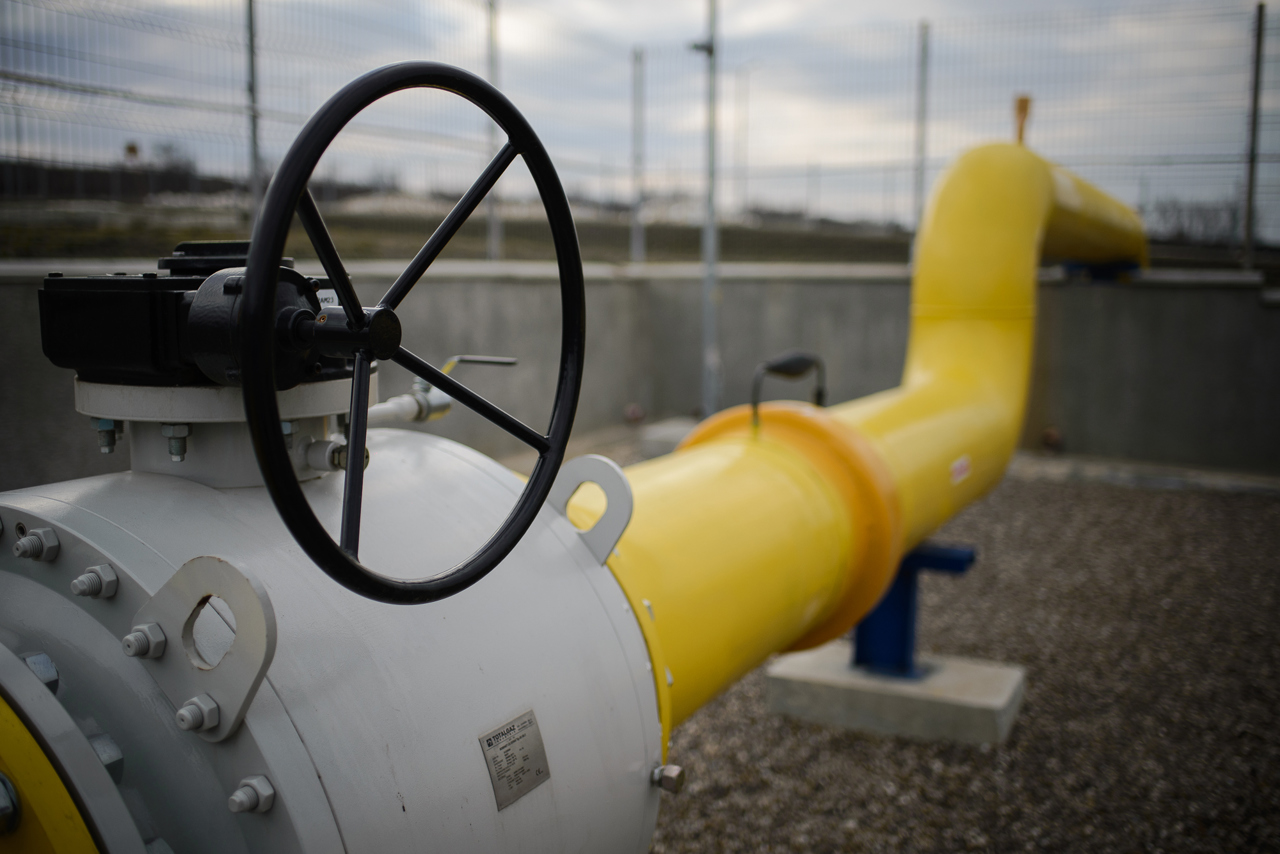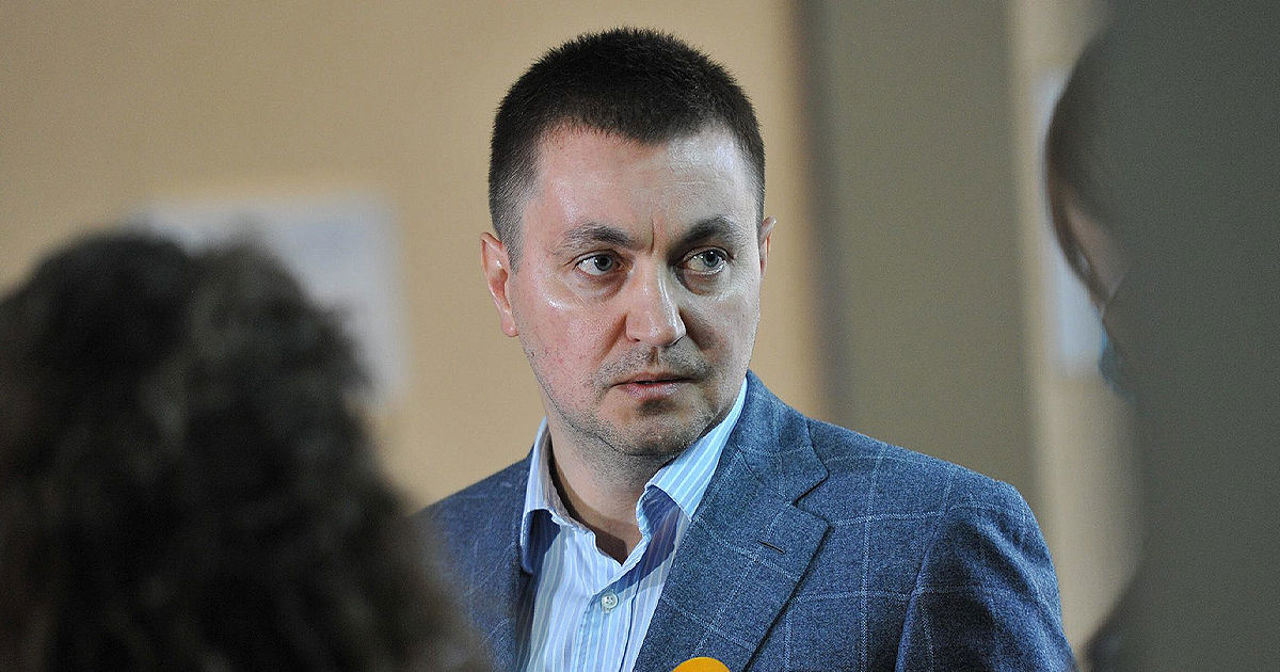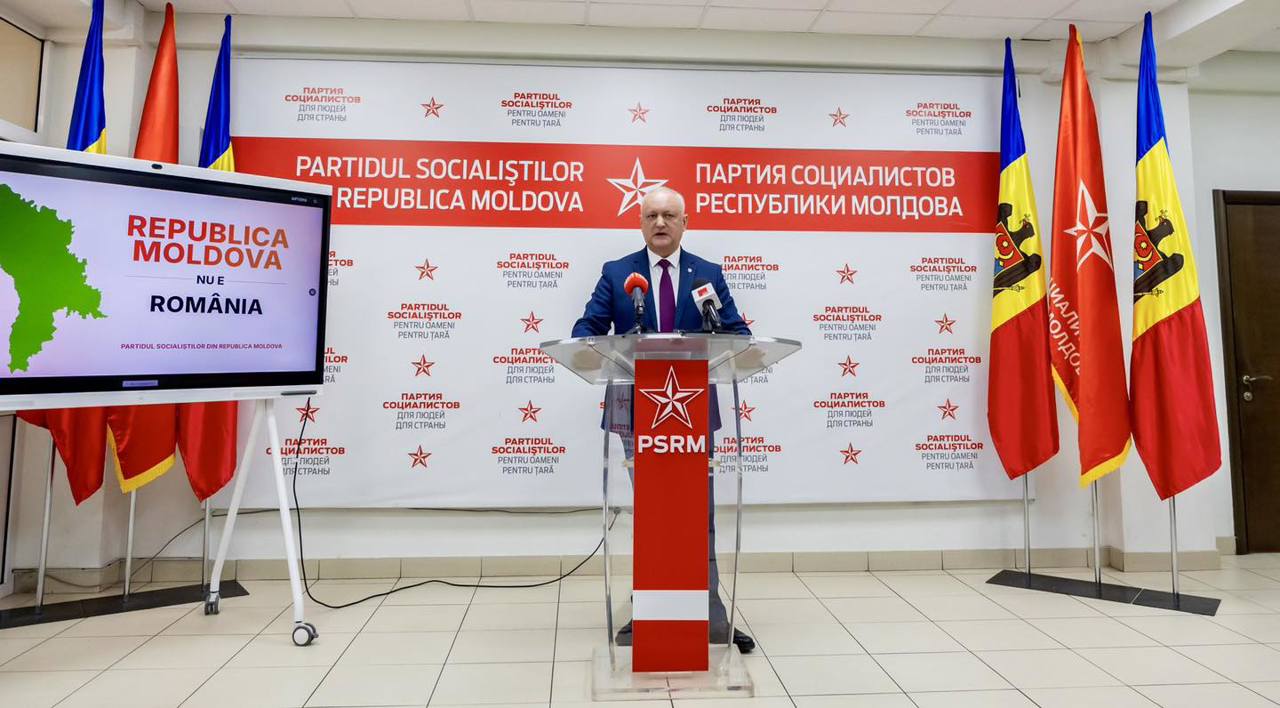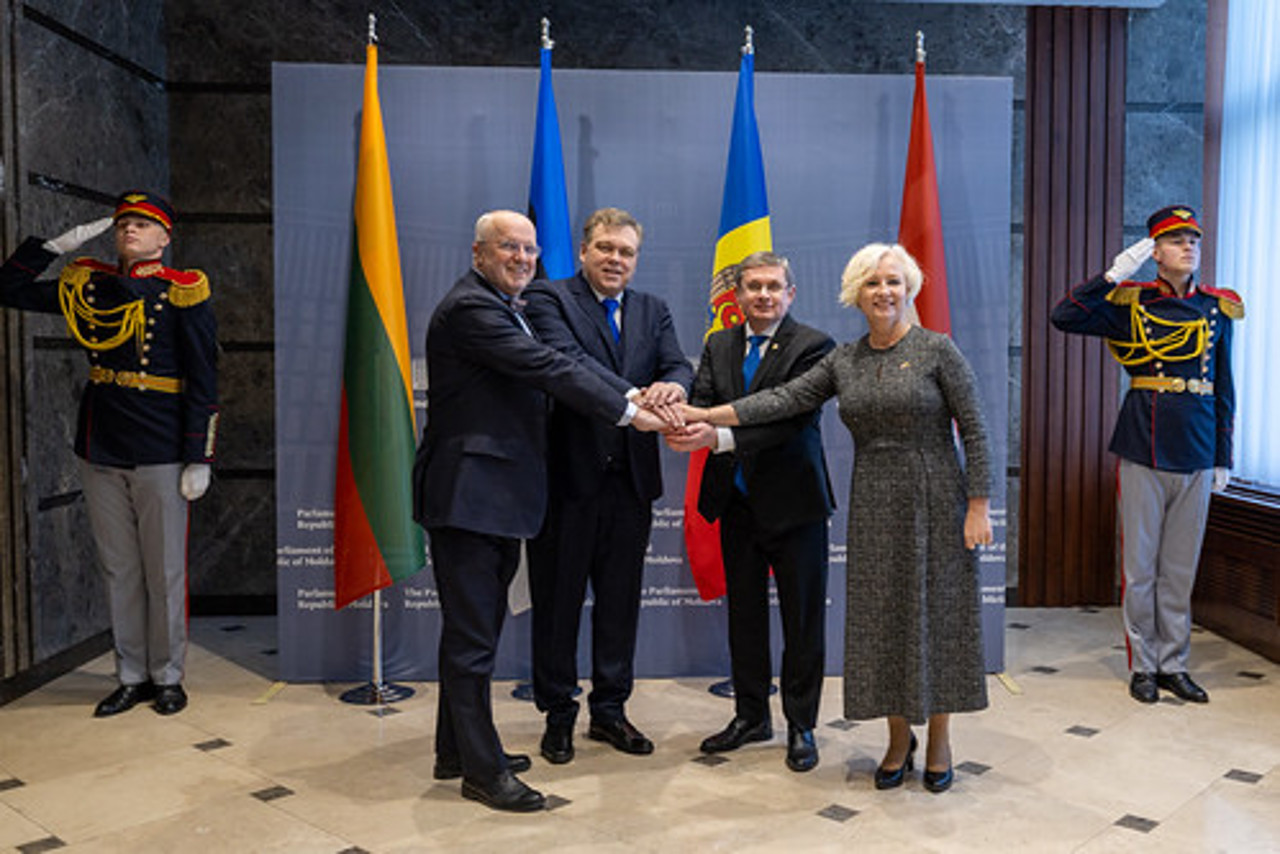Gas supplies to Transnistria: European trader delivers while Russia claims credit
The Transnistrian region began receiving natural gas from the European trader MET on February 14, with financing provided by a Dubai-based company.

However, the self-proclaimed administration in Tiraspol claims the supply is backed by a Russian loan. The gas is transported through Romania and Ukraine, then handed over to Moldovagaz at the Moldovan border for distribution to the left bank of the Dniester River.
The government in Chișinău argues that while this arrangement, chosen by Tiraspol over European assistance, does not offer a long-term solution, it has allowed gas deliveries to prevent a humanitarian crisis. Experts warn that the move may help Russia maintain its influence over the separatist region.
How does gas reach Transnistria?
Hungarian company MET confirmed that deliveries were made possible through cooperation with relevant transmission system operators in the European Union, Ukraine, and Moldova. In contrast, Tiraspol’s de facto leader, Vadim Krasnoselski, claims the region's gas supply is due to a Russian credit arrangement and efforts by Russia’s Ministry of Energy.
Ukraine’s gas transmission operator told Teleradio-Moldova that it is not involved in any agreement regarding gas supplies to the Transnistrian . “Since February 14, we have observed gas flowing from Romania through our system to Moldova. We do not know where this gas is being transported beyond that point.”
Moldovagaz stated that MET’s gas deliveries help address immediate supply issues for February 2025. The company emphasized its focus on managing the problem professionally.
The supply was authorized by Moldova’s Commission for Exceptional Situations, which permitted Moldovagaz to enter into purchase agreements with Tiraspoltransgaz, provided payments, including transport costs, were made in advance.
The Moldovan government clarified that this is not an agreement with Russia or any other entity but rather an executive decision to ensure the people in the Transnistrian region receive gas and do not suffer from the cold.
“It was crucial for us to set the rules from the beginning. Our priority was to prevent the Transnistrian people from freezing,” government spokesperson Daniel Vodă said on Radio Moldova’s program Zi de zi.
However, Vodă emphasized that the ideal solution would have been for Tiraspol to accept European aid and comply with the required conditions.
The government is monitoring gas consumption in the region and will impose taxes if usage exceeds the established threshold, Prime Minister Dorin Recean assured.
“We estimate that consumption of up to three million cubic meters suggests either minimal industrial activity or none at all. If consumption surpasses this, it would indicate that industries have resumed operations. The moment we see those products appearing on the right bank, we will impose taxes,” Recean explained during a Jurnal TV broadcast.
Expert: “Russia is resuming financial support for the separatist regime”
The government should have pushed harder for Transnistria to accept EU assistance, energy expert Eugen Muravschi argued on Zi de zi at Radio Moldova. “Ultimately, the government’s decision has enabled Russia to resume funding the separatist regime in Tiraspol,” he said. However, he acknowledged the government’s motivation—to prevent the region’s residents from freezing and to maintain access to electricity generated at the Cuciurgan power plant.
The arrangement raises concerns, Muravschi suggested. “Russia has promised some form of loan, but it is unclear how it will transfer funds to the Transnistrian region—whether it will bypass Moldova’s banking system or do so with Chișinău’s permission, which would be unusual. Currently, a Hungarian company is being paid by a Dubai-based offshore entity, which in turn finances the gas purchases, while the Hungarian company delivers it to Moldova. From there, Moldovagaz transports it to the left bank of the Dniester.”
Former MP Alexandr Slusari claimed, without presenting evidence, that the new gas procurement mechanism allows Transnistrians to sustain their industry while benefiting from reduced tariffs.
“The option of purchasing gas from the Romanian exchange with direct payments between Tiraspoltransgaz and Moldovagaz was not appealing to fraudsters. That transaction would have been subject to VAT in Moldova and would have been transparent. Now, the same old scheme that has been running for 34 years has been reactivated,” Slusari asserted.
He further argued that the arrangement sustains Moscow’s influence in the region. “The ordered volume is sufficient to cover the region’s entire consumption, including industrial activities and cryptocurrency mining farms. Industrial tariffs will remain symbolic,” Slusari added.
In 2022, when Moldova faced a similar energy crisis after Gazprom reduced its gas supply, former Minister Andrei Spînu stated that 3.2 million cubic meters would be enough to meet essential needs—household heating, electricity production, and limited industrial activity, including operations at the Moldovan Metallurgical Plant (MMZ), albeit at reduced capacity.
The context of the Transnistrian gas crisis
The region’s energy crisis began on January 1, 2025, when Gazprom completely halted gas deliveries to Moldova, primarily impacting the left bank of the Dniester, where the separatist administration had previously received Russian gas free of charge.
On January 27, Prime Minister Dorin Recean announced that the European Union had granted Moldova €30 million in emergency funding for gas purchases. The government approved a loan of three million cubic meters of gas to the Transnistrian region to maintain pipeline pressure until January 31. Between February 1 and 10, the region received gas purchased with EU funds, intended solely for household consumption and electricity generation at the Cuciurgan power plant.
On February 11, in accordance with a decision by the Commission for Exceptional Situations, the region received an additional three million cubic meters on loan. On February 12 and 13, Moldovagaz purchased gas from the Romanian exchange, with payments made directly by Tiraspoltransgaz. Since February 14, deliveries have been handled by European trader MET.
Translation by Iurie Tataru




